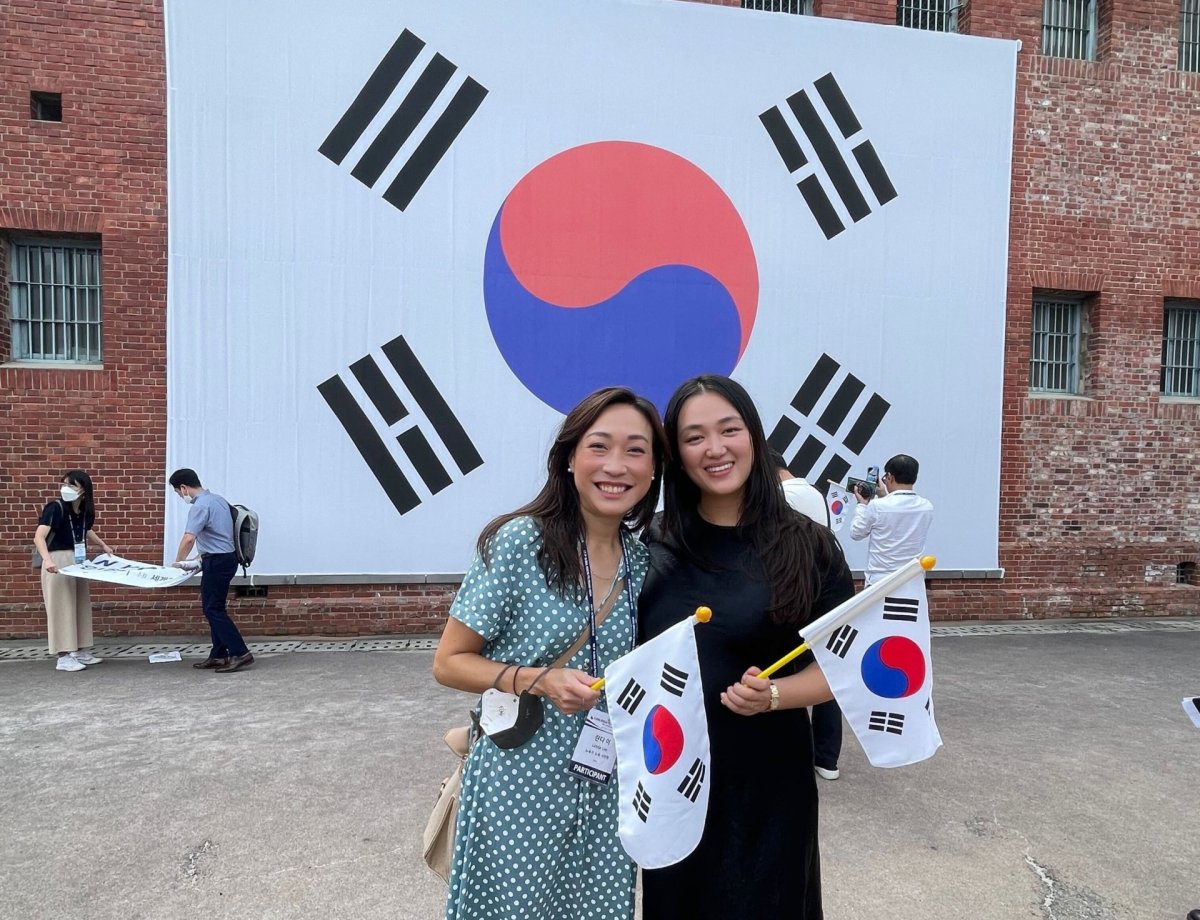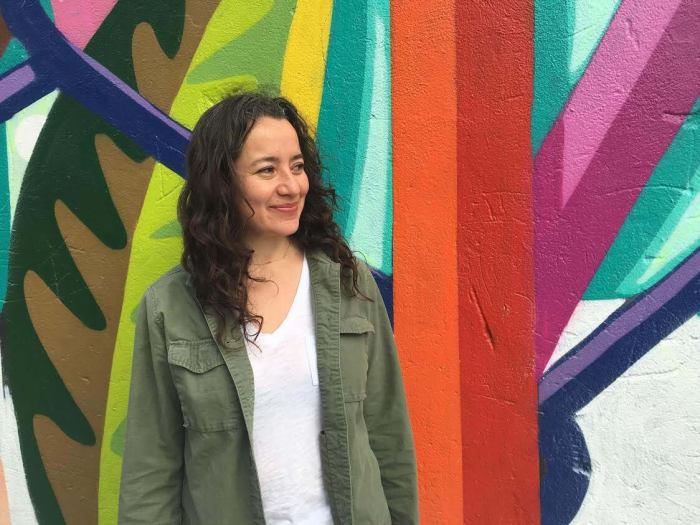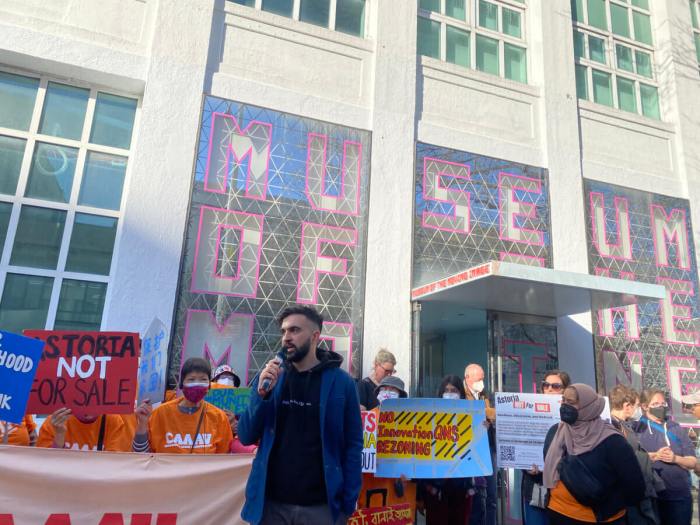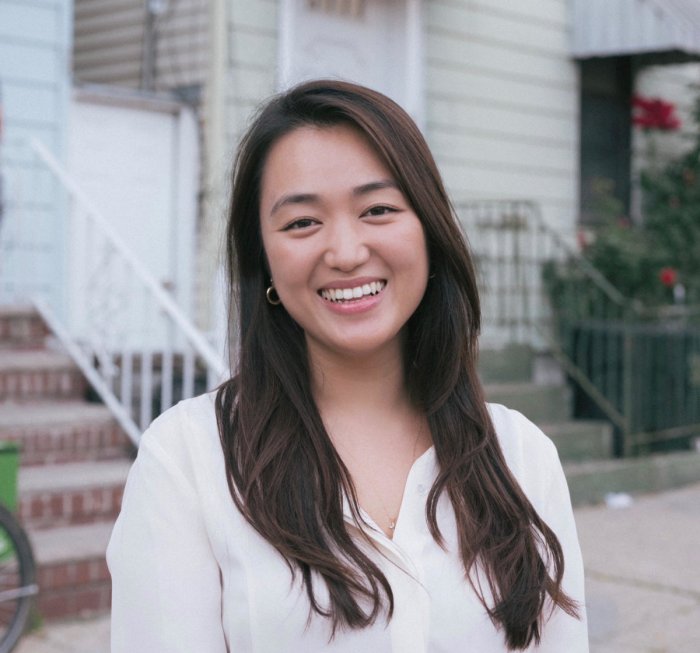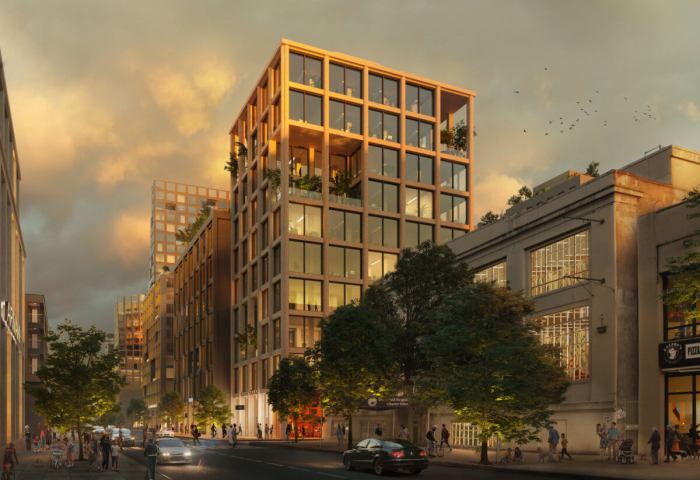Councilwoman Julie Won is back in Queens following a weeklong trip to Seoul, South Korea, where she joined 50 individuals from the Korean diaspora who were invited to the Eighth Annual Global Korean Politicians Forum, hosted by the Overseas Korea Foundation.
Won took part in discussions on global political issues concerning the Korean community, as well as best practices from each of the representative’s own governments around the world. The forum coincided with Korean Independence Day, on Monday, Aug. 14.
During the conference, Won met with South Korea Foreign Minister Jin Park and Speaker of the National Assembly Jin-pyo Kim. She also met with the interim President of the Democratic Party of Korea Ho-jung Yun and Yong-ho Thae, a North Korean defector who became the first to win a parliamentary seat in South Korea.
“As one of the first Korean Americans elected to the New York City Council, along with my colleague Linda Lee in District 23, I’m honored to take part in important discussions on Korean politics with leaders from all over the world,” Won said. “I want to thank the Overseas Korea Foundation for their work in organizing this forum.”
While in Seoul, Won testified virtually during the marathon public hearing on the City Council redistricting proposal that was held on Tuesday, Aug. 16, at the Museum of the Moving Image in Astoria.
The preliminary map of her District 26 released by the NYC Districting Committee would break up immigrant communities and Black communities into four different council districts, severely limiting their political power, Won said. She also noted the proposed map violates four of the City Charter’s criteria of keeping neighborhoods intact, keeping districts compact, limiting crossover districts, and avoiding oddly shaped districts.
Won also voiced her concerns that under the proposed map, the new lines would split Woodside and cut parts of Long Island City and Dutch Kills, while adding Roosevelt Island and parts of Manhattan’s Upper East Side into her district.
“Our criticism of the proposed maps is a reflection of what we heard in the community since the first iteration of maps were released,” Won said. “We’ve heard from our residents in Queens, as well as residents in Manhattan and Roosevelt Island. We’ve tried our best to follow the Unity Map and have adapted it with changes to make sure that we are meeting every single community member’s needs because we are an incredibly engaged community that is really like a family.”
Won also noted that the population change of the new district would violate two of the City Charter’s criteria and decrease populations protected under The Voting Rights Act of 1965. D26’s white population would increase from 29% to 44%, the Hispanic population would decrease from 29% to 22%, the Asian American population would decrease from 31% to 25%, and the Black population would decrease from 6% to 4%.
“When you fracture our communities into four different council districts, then you are eliminating their ability to advocate and effectuate public policy for public interest,” Won said. “By fracturing representation, it will negatively impact where they reside, where they work, where they worship, and where they gather. We do not want the immigrant community or the Black community being divided into multiple council districts, which you predominantly see in Woodside.”
In addition to members of the Districting Commission, more than a hundred District 26 residents registered for the public hearing, with many of them testifying against the proposed map.

